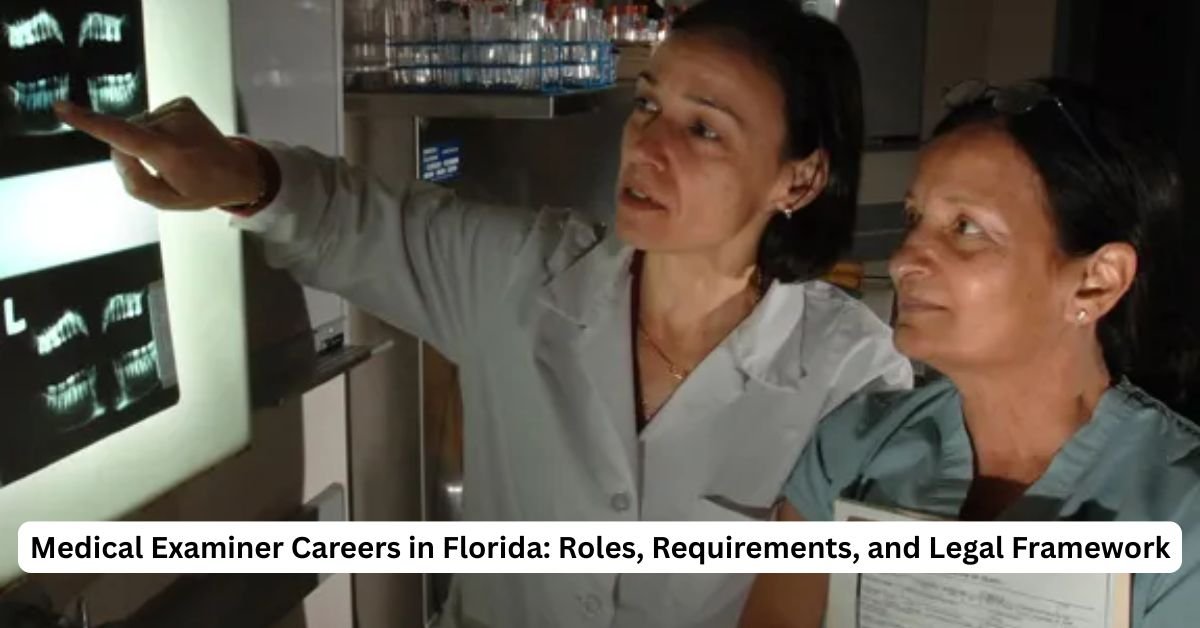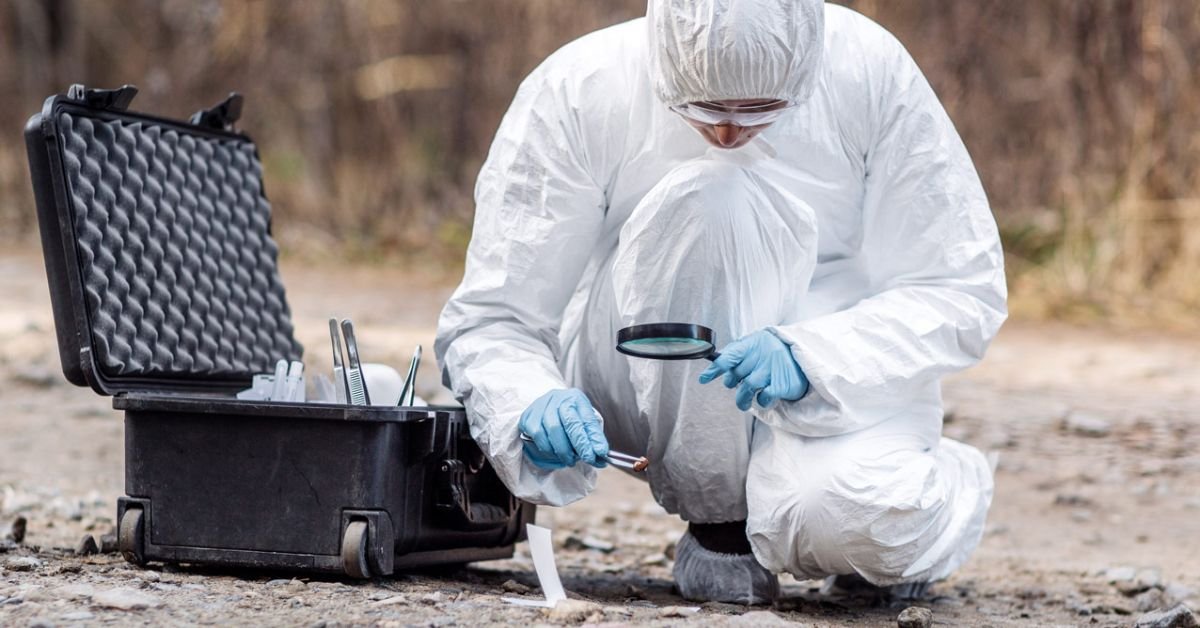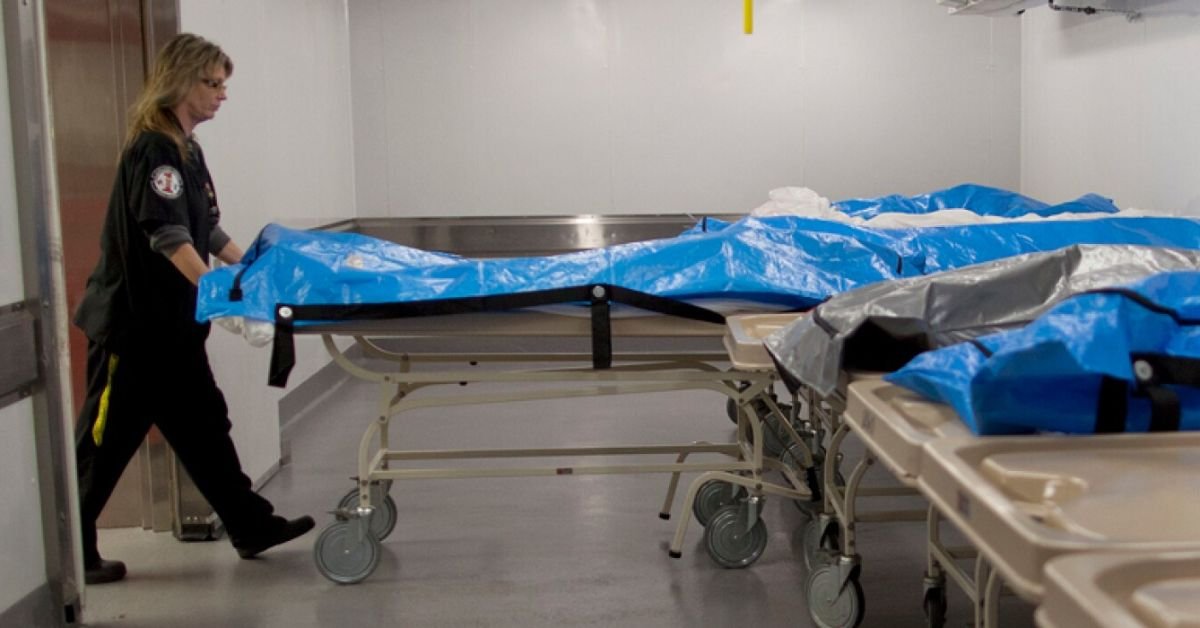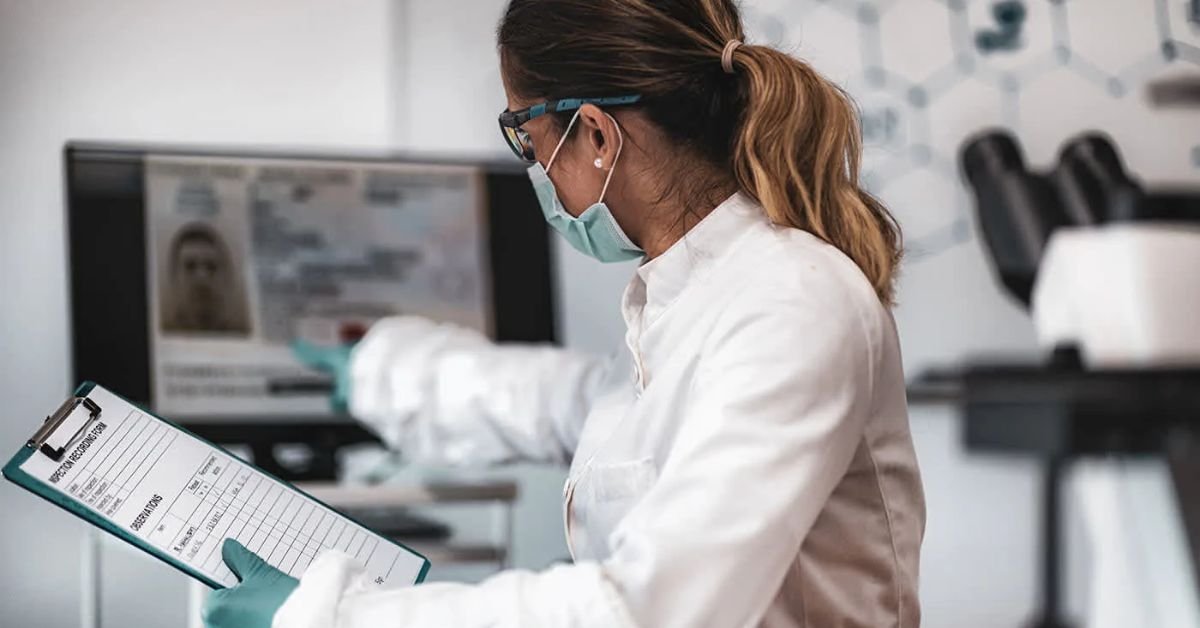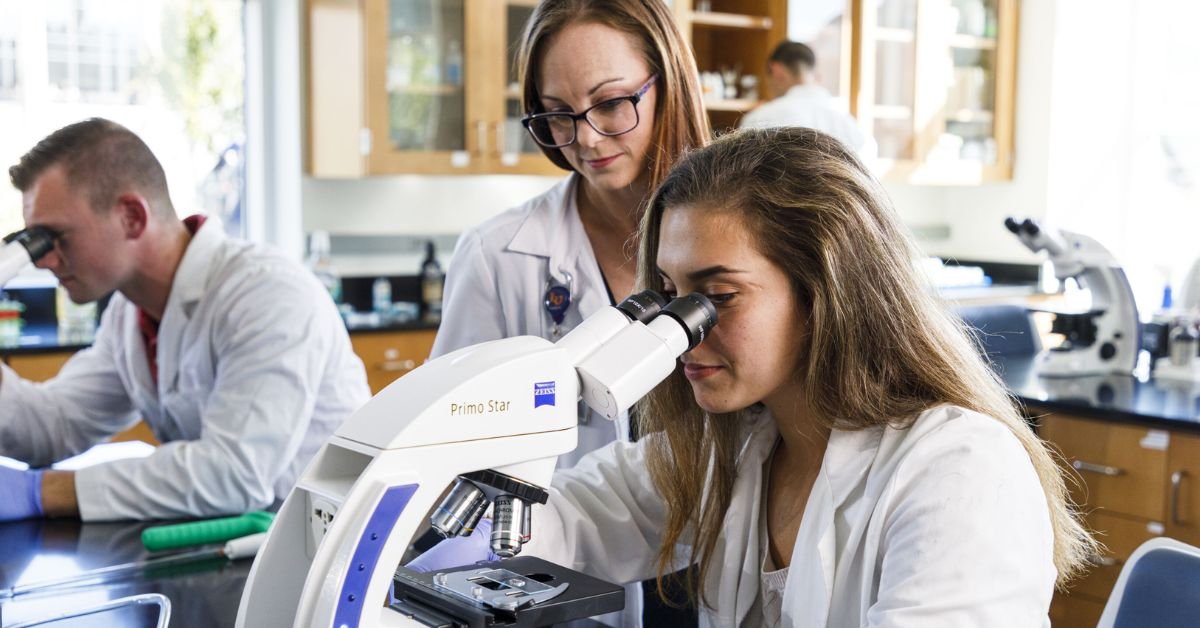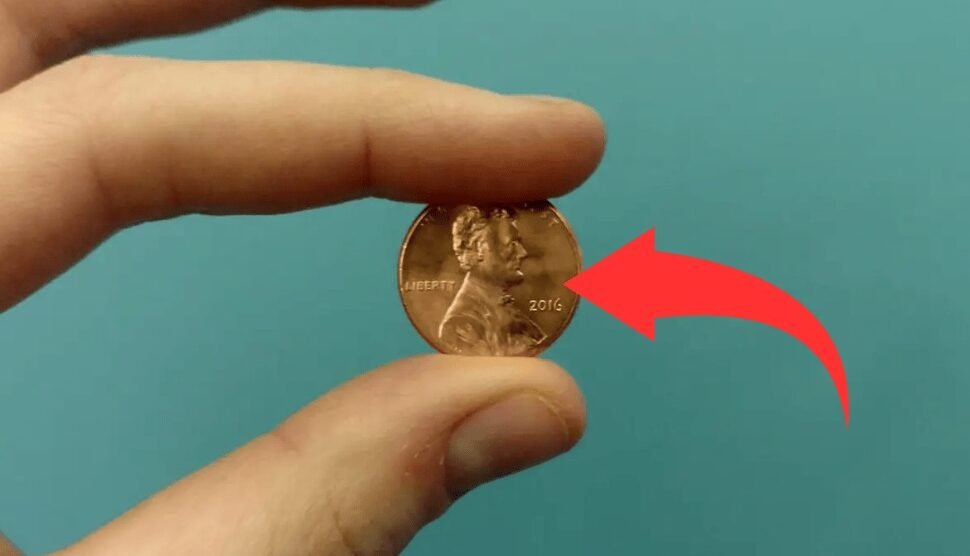The role of medical examiners in Florida is integral to the state’s medicolegal death investigation system. Tasked with determining the cause and manner of death in cases involving sudden, unexplained, or suspicious circumstances, medical examiners are critical to both the justice system and public health infrastructure. This article provides a comprehensive overview of medical examiner jobs in Florida, outlining responsibilities, qualifications, employment structure, and relevant statutory authorities.
Overview of the Florida Medical Examiner System
Florida operates a district-based medical examiner system established under Chapter 406 of the Florida Statutes. The state is divided into 25 medical examiner districts, each covering one or more counties. Each district is led by a Chief Medical Examiner appointed by a committee known as the Medical Examiners Commission, under the auspices of the Florida Department of Law Enforcement (FDLE).
The legal foundation for the medical examiner system is detailed in Fla. Stat. § 406.01–406.145, which outlines the creation, duties, and regulation of medical examiners in the state.
Duties and Responsibilities
According to Fla. Stat. § 406.11, medical examiners in Florida are required to investigate deaths that fall into specific categories, including but not limited to:
- Deaths due to violence, accident, or suicide
- Deaths that occur suddenly when the deceased was in apparent good health
- Deaths occurring in prison or police custody
- Deaths of persons not under the care of a physician
- Deaths occurring under suspicious or unusual circumstances
Medical examiners conduct autopsies, collect forensic evidence, determine cause and manner of death, and may be called to testify in court. They work closely with law enforcement, legal personnel, and public health agencies.
Qualifications and Training
To be eligible for appointment as a medical examiner in Florida, a candidate must:
- Be licensed to practice medicine in Florida under Chapter 458 or Chapter 459, Florida Statutes
- Be board certified in anatomic pathology and forensic pathology by the American Board of Pathology
Residency training in pathology followed by fellowship training in forensic pathology is typically required. Continuing medical education (CME) and compliance with evolving professional standards are also expected.
Employment and Appointment
Medical examiners in Florida may be public employees or independent contractors, depending on district structure. The Chief Medical Examiner of each district is appointed by the Medical Examiners Commission and serves under the jurisdiction of the counties within that district. Assistant or associate medical examiners are typically hired through the district’s governing agency, often the county government.
The Florida Medical Examiners Commission, composed of members from medical, legal, and law enforcement professions, oversees the performance and ethical conduct of medical examiners statewide.
Work Environment and Compensation
Medical examiner offices vary in size and resources depending on district caseload and funding. Larger districts, such as those encompassing major metropolitan areas, typically have multiple board-certified forensic pathologists, autopsy technicians, investigators, and administrative staff.
Salaries for medical examiners in Florida vary by district, experience, and contract status. As of recent data, board-certified forensic pathologists in Florida can expect to earn between $200,000 and $300,000 annually, with Chief Medical Examiners earning higher salaries. Employment benefits typically include malpractice coverage, health insurance, and retirement plans.
Career Outlook and Challenges
The demand for qualified forensic pathologists remains high nationwide, including in Florida. Workforce shortages have been noted by the National Association of Medical Examiners (NAME) and other bodies, leading to increased recruitment efforts and, in some cases, enhanced compensation packages.
Challenges in the field include high caseloads, potential for occupational stress due to the nature of the work, and the need for ongoing education in evolving forensic methodologies and technologies.
Regulatory and Professional Oversight
In addition to state statutes, Florida medical examiners must adhere to standards set by professional organizations such as:
- National Association of Medical Examiners (NAME)
- American Board of Pathology
- Florida Medical Association
Regular inspections and peer reviews may be conducted to ensure compliance with accreditation standards and ethical practice.
Conclusion
Medical examiner positions in Florida represent a vital component of the state’s public health and criminal justice systems. Governed by statutory authority and professional standards, these roles require advanced medical training, legal awareness, and a commitment to scientific integrity. Forensic pathology in Florida offers a unique and impactful career for qualified physicians dedicated to serving the community through meticulous death investigation and public service.
References
- Florida Statutes, Chapter 406 – Medical Examiners: https://www.leg.state.fl.us/statutes
- Florida Department of Law Enforcement, Medical Examiners Commission: https://www.fdle.state.fl.us/MEC
- National Association of Medical Examiners (NAME): https://www.thename.org
- American Board of Pathology: https://www.abpath.org
